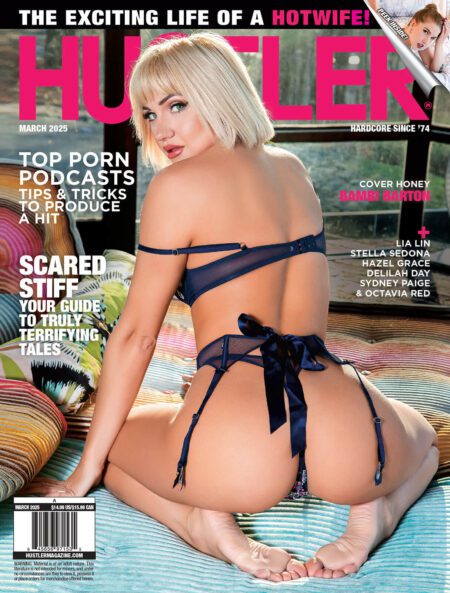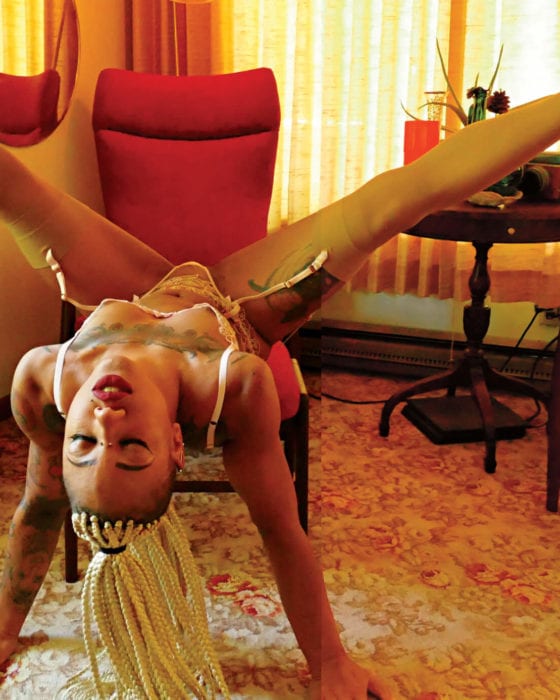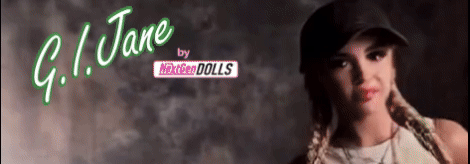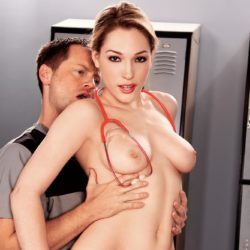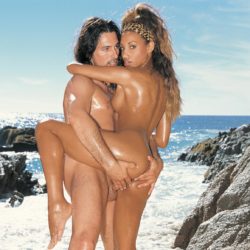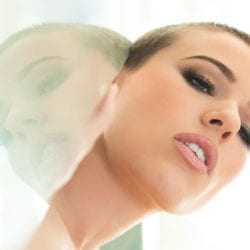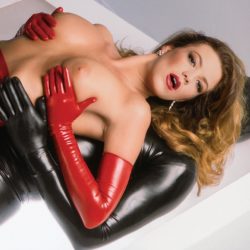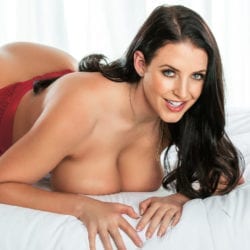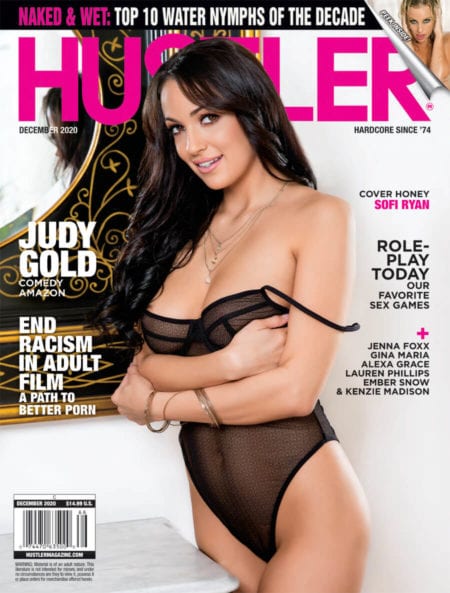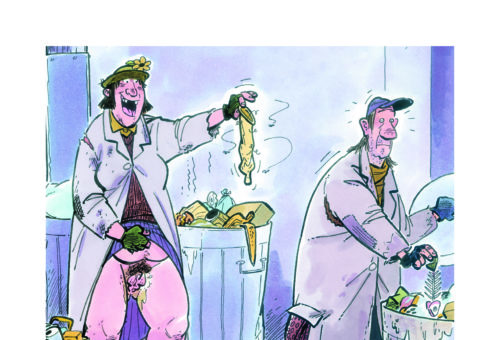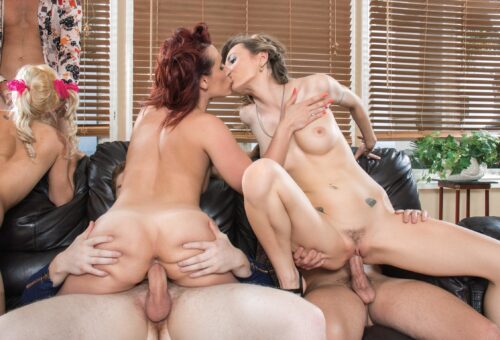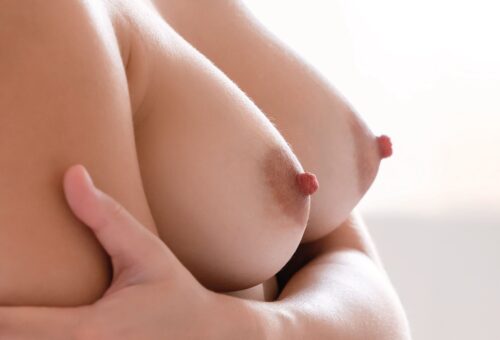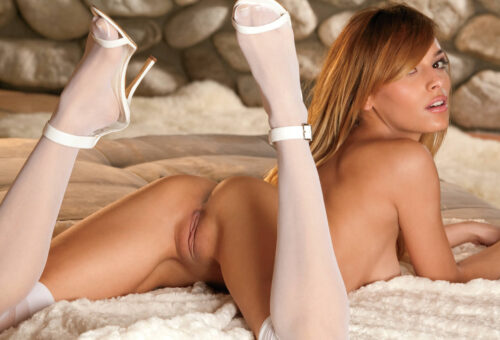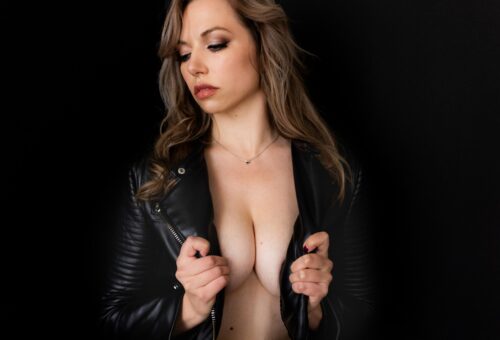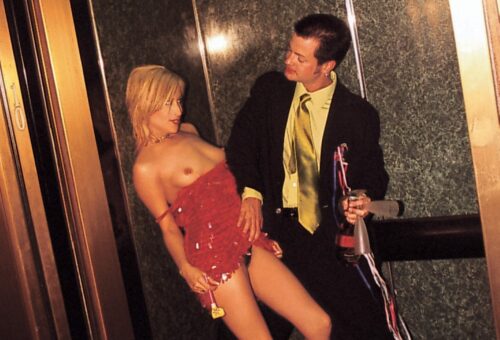As I sit, mouth slightly agape and eyes wide with surprise and partial exasperation, I feel my expression parallels that of the legendary porn performer Angel Kelly as she is confronted about exploitation in the porn industry by a BET talk show host named Beverly Smith. Bev, as she affectionately goes by on the show, has just asked Angel, “And while I watched it, as an African-American woman, I thought, White men think that’s all we’re all about. Do you think they exploited you in that film?”
For 1989, when the show was conducted and broadcast, this interview is already salacious enough for evening television standards, but particularly so because the entire cast is Black. Throughout the episode, Beverly acts as an ever-present maternal figure, struggling at times to bridge the gap between the conservative moral and social standards of her age group and the more modern women with whom she speaks: adult entertainment groundbreakers Angel Kelly and Heather Hunter—the two most prominent Black adult actresses in the business at that time—alongside adult entertainment writer Roberto Santiago. And yet now, three decades later, the adult film industry still reckons with the same racist social standards and practices from the top down that these stars discuss, including pay inequality, discrimination in exposure and media coverage, and even selectivity with professional acknowledgments.
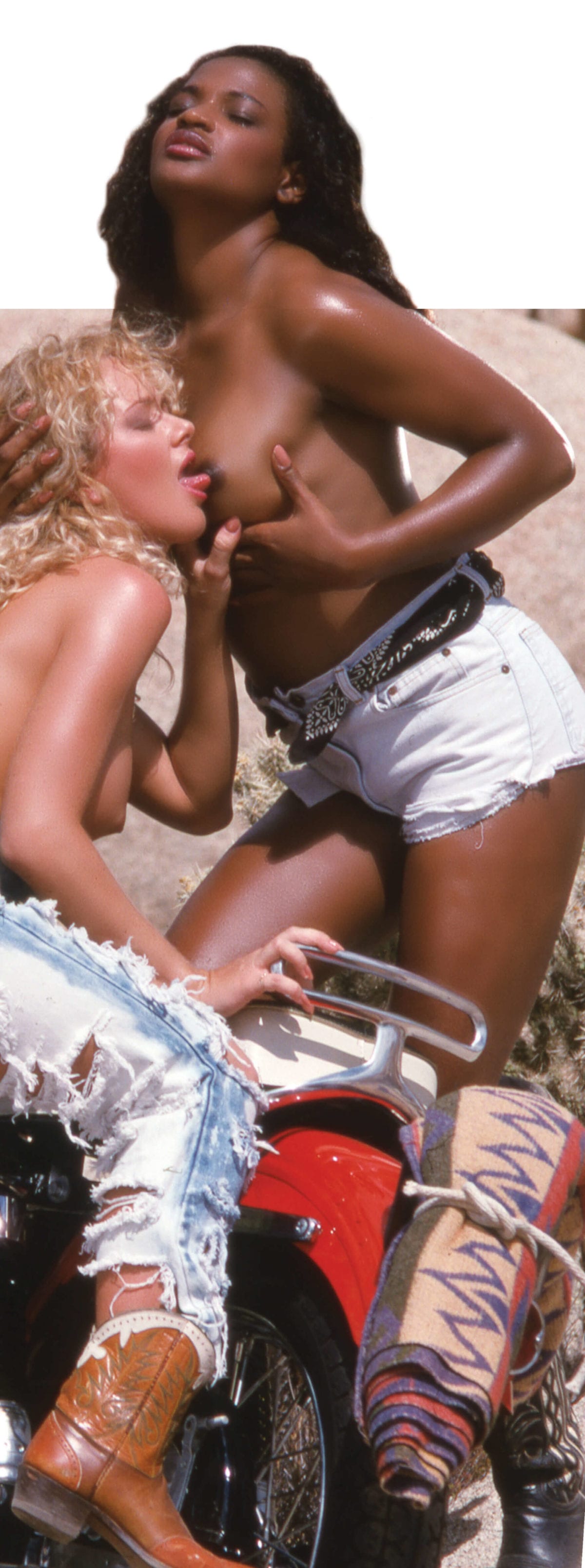
Angel lamented, “I think I’m very bitter. I mean, I’ve experienced an awful lot in the last four years that I’ve been in the business. I’ve been involved with many, many different people, and there are some sincere people in the adult industry, but at the same time there are a lot of people that I’m kinda glad… And my mother, she always says to me, ‘You’re just now finding out something that I always knew.’ Well, I guess, you really never know until it hits home.”
As I listen to Kelly and Hunter both defend their career choices, I begin to reflect on these same parallels in my own adult entertainment career and those of my peers and mentors who’ve come after these trailblazers and before me.
Similar to both Heather Hunter and Angel Kelly, I began my career as a model. Drunk off the unrealistic expectation of being a runway model—made possible by binging seasons of America’s Next Top Model, while only being a staggering 5-3—I sought out a way to make it big. And thankfully the internet provided an outlet. I set my sights on working my way up the ranks of an infamous brand of alternative models for a little known site named after a quote from a Chuck Palahniuk novel.
Surrounded by a sea of stereotypical manic pixie dream girls, I was but one of a few copper, sepia and ochre-toned models making way for darker and more untraditional models. I found myself constantly asking, “Who is more ostracized than Black people into alternative subcultures?” Still, there we were, exploding with excitement to be taken seriously and given our day, to be supported and considered equal in beauty and alternative cred. Yet, over the course of four years, I found myself questioning why my photosets never made the front page and why it was so difficult to find more girls that looked like me among the chosen.














